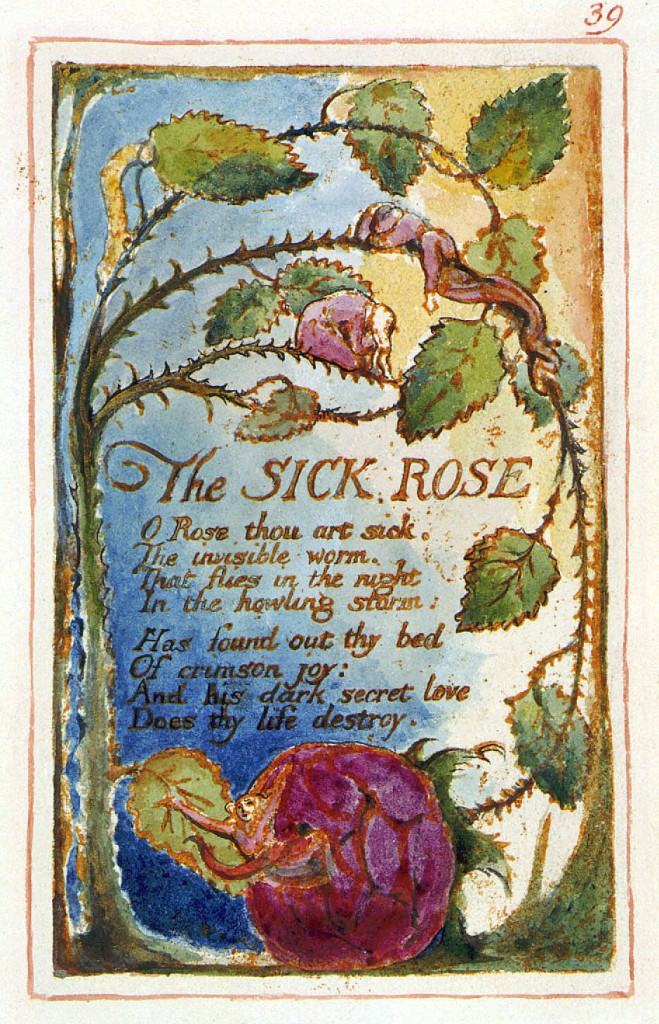Robin Holloway (1943-)
Born October 19, 1943 in Royal Leamington Spa, United Kingdom.
Ode for 4 Winds and Strings, Op. 45
Composed 1980.
Instrumentation: 2 Oboes (doubling on English Horn), 2 Horns, Strings.
Duration: ~ 15 minutes.
Robin Holloway was a lecturer in music at Cambridge University between
1975 and 2011, teaching many well-known composers such as Judith Weir and Thomas Adés. He departed from his early “modern” style exemplified by his First Concerto for Orchestra, after completing his doctoral dissertation on Debussy and Wagner. He embraced a more tonal neo-Romantic language with Scenes from Schumann (1969-70).
The English Chamber Orchestra commissioned Holloway to write a tribute for tenor Peter Pears’s (1910-1986) 70th birthday. The ECO gave the world premiere of Ode on Wednesday June 4th, 1980 at the Queen Elizabeth Hall in London, conducted by Steuart Bedford. Peter Pears sang the Lute Song from Gloriana in the same concert, and he (Pears) conducted Les Illuminations with Kathleen Livingstone as soloist.
The second performance of the Ode, once again conducted by Steuart Bedford, took place at Snape Maltings, Suffolk as part of the Aldeburgh Festival on Tuesday June 10th, 1980, This performance was broadcast live by the BBC. Over the intervening years the ECO has presented Holloway’s Ode in many outings, in a great variety of venues worldwide.
There are three movements and an epilogue played without a break.
- Andante Amabile
- Adagio
- Presto (Scherzo)
- Andante molto tranquillo (Epilogue)
The Ode’s opening andante begins with the strings only playing a distinctive theme that alternates metrically between 2 and 3. There are two parts to the theme, four notes (B-D-A# B) that cross themselves, followed by a rising arpeggio. This is then repeated, but with subtle alterations. Throughout the work, we will hear this theme being developed. The andante reaches a climax with the horns paying tribute to Peter Pears’s long time partner Benjamin Britten’s Elegy – the fourth movement from his Serenade for Tenor, Horn and Strings, Op. 31. Britten based this movement on William Blake’s (1757-1827) poem and illustration The Sick Rose. Likewise, Holloway based much, if not all, of this work on Britten’s themes.
O rose thou art sick. The invisible worm. That flies in the night In the howling storm. Has found out thy bed Of crimson joy, And his dark secret love Does thy life destroy. - William Blake
Resources
Britten: Elegy (The Sick Rose) from Op. 31.
